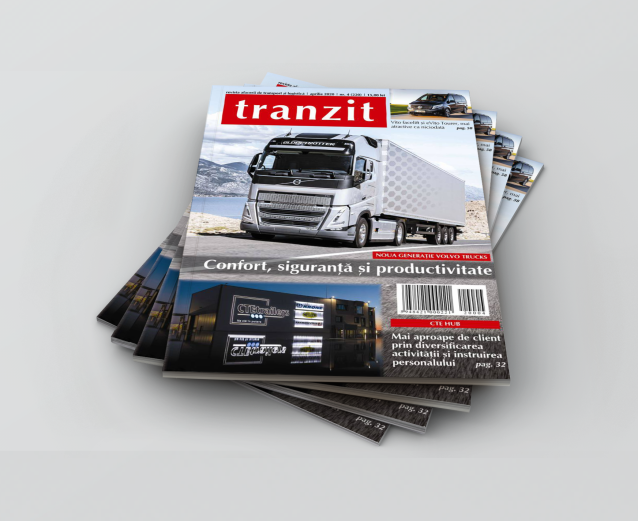Transport and logistics sector in Romania ended 2023 with worse results than expected. Some companies used the owners’ resources hoping that the extra transport capacity on the market will disappear and this will allow them to grow their business again. Unfortunately, it didn’t happen during the year. In 2024? Maybe, but not in the first part of the year, when international haulage is still at low levels. And the European and national legislation is bringing new worries for the transport companies, due to the new high taxes introduced.
One of the worst hit market was the container transport, due to the huge stocks Europe accumulated in 2022 and to the decreased consumption. One of the best market was car-carrier transport, due to bankruptcy of the small transport companies and the reduced fleet of car-carriers after 2 years (2020-2021) when the automotive industry was severely influenced by the pandemics.
Logistics operators also suffered due to the reduced consumption and lower stocks rotation, while freight forwarders confronted with very low prices, especially in maritime transport, which will show diminished profits later this year when the figures on 2023 will be published.
More obligations for the transport and logistics companies – declarations, taxes, environmental requirements etc. – will not help at the margins in the sector, especially when the companies have to do investments and expenses not covered by the prices of their services.
With such new challenges every year it is more and more difficult to plan, to organize, to estimate, to calculate correctly, to have a view of the business on the long term. Things are happening too quickly and the response of the authorities and of the customers is too slow which makes the transport and logistics industry much riskier than before. There are steep ups and downs and the risk of failure is huge: you have big demand now, until you are able to increase capacity – materially and humanly – the demand disappear and, then, the investments just done transform to losses.
We’ve witnessed so many examples in the last years. Transport and logistics need more than ever flexibility. For logistics, one direction is automation, because, even if we discuss about low unemployment, we notice low consumption, poverty, which it doesn’t match at all with the idea of people working. So, either we talk about lots of unoccupied people or people working on the black market, not interested to populate the warehouses. And if you want to take immigrants for the job, you have to spend lots of money with recruiting system, permits, housing, training etc. And in case demand is so fluctuating, this labor can become very expensive.
For transport, a very diversified fleet is a good approach, because, as we also saw in the last 3 years, not all transport field grow and decrease at the same time and a company can rely on the „king-industry” at the time and put more resources to it, so that this one support the others in a worse condition for that moment and so on.
In this environment, you have only two choices: either you are a gambler, switch the „winning-card” according to the market and take the lion part when it works, or you play less bold and develop partnerships to always diminish risks, but also diminishing margins. And the same with making investments: what is best, to be a pioneer and take initiative, do huge investments in the new technology and earn the experience necessary to be the first preferred partner when the investment settles or wait until the technology is over tried, legislation is clear and all play the same service? Talking about energy efficient transport, for instance, can we say we really know what is going to be the future here? We expect elections all over Europe, mostly. Could we see a step back on the way to decarbonization plans or a change in the financing systems? Who can take a guess around the wars happening now or later?


























